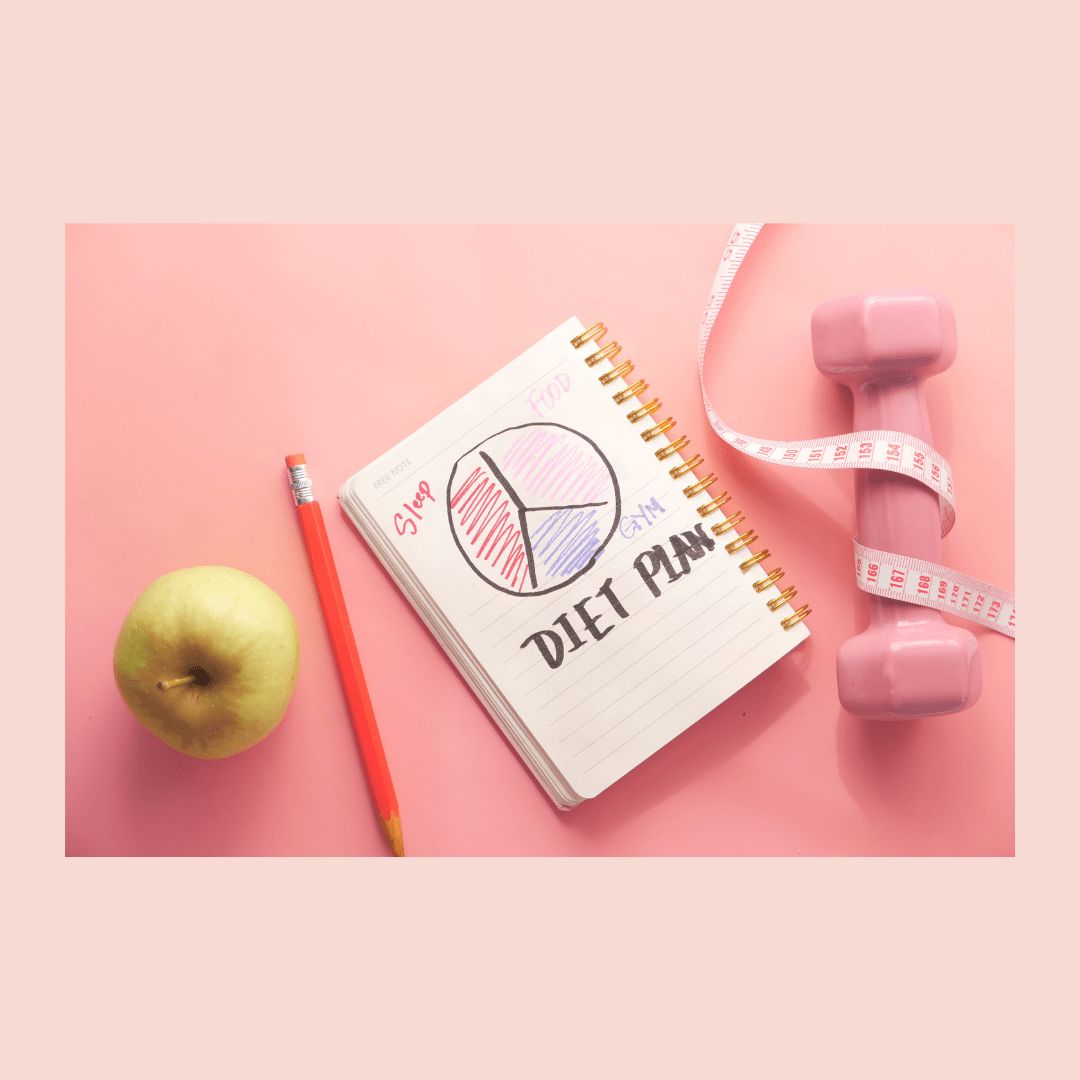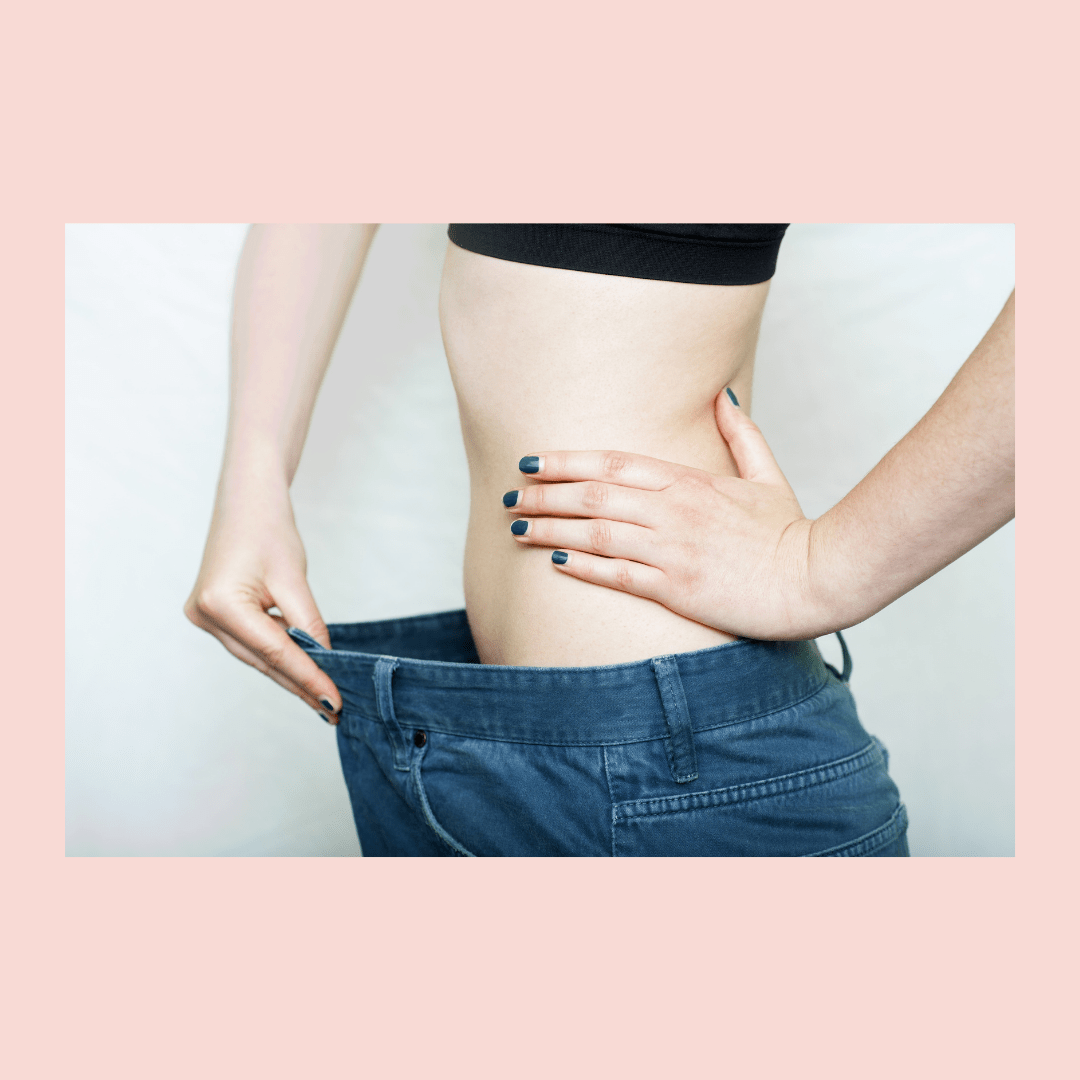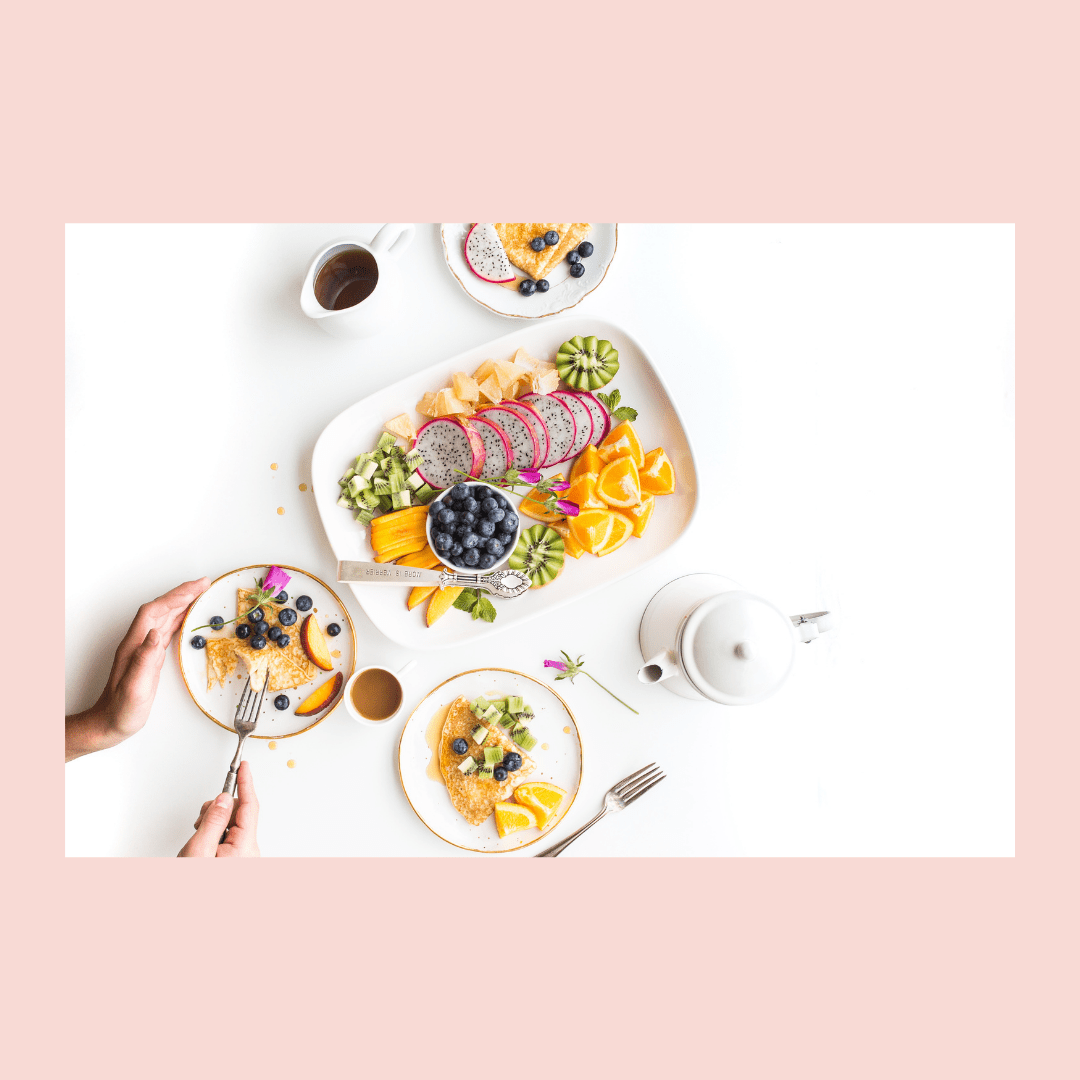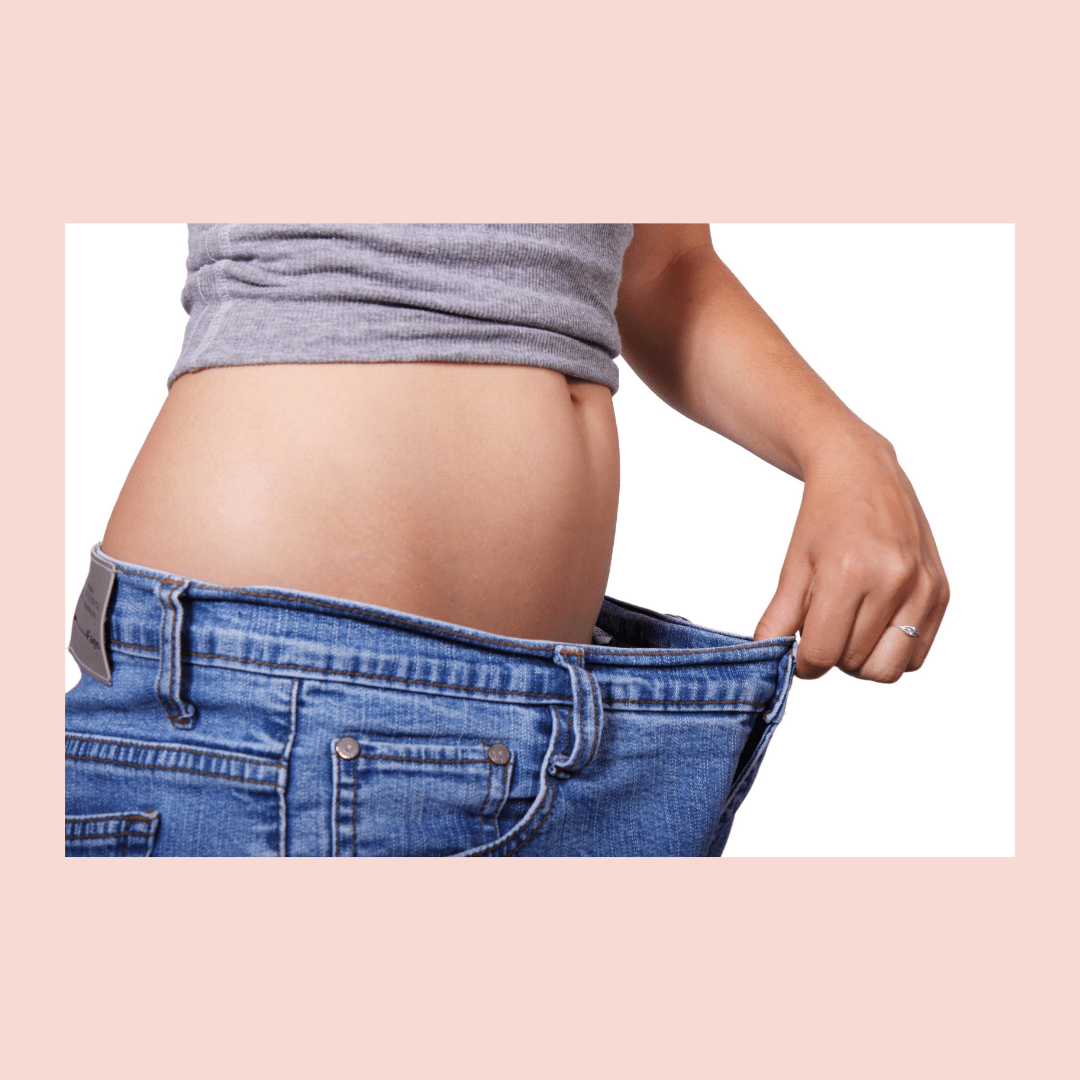Debunking Diet Culture Myths: Stop equating health with thinness

As a young adult, I feel like a failure when I don’t make moves to achieve the utmost goal of thinness. If you exist as a femme-identifying, you have probably experience the diet culture at least once in your life. However, the thing is, diet culture has many facets and nuances. To put it generally, it has become a belief system that values body shape, weight, and size over actual health and wellbeing. Since I have realized that, I started stripping that mindset away from me.

Diet culture equates thinness with health.
The diet culture has glorified certain ways of eating while demonizing others. This makes you become disconnected from your innate mind-body connection. It values thinness over how you actually feel in your body. Unfortunately, we grow up with this culture that promotes a certain, specific way of eating in the name of health and wellness. Therefore, many people don’t recognize their behaviors or patterns as ‘dieting’ because they believe they are just being ‘healthy.’
We experience diet culture during times when we see a celebrity promotes a food item as ‘clean’ or ‘detoxing.’ Or when someone asks when and how you will bounce back. Diet culture makes you believe that certain foods will become good or bad for your body. We experience it when we decide to go on a run or workout after a hefty brunch with the girls. Not because you enjoy running or you like working out, but because in your head you thought that it might ‘do you good.’

Juice cleanses actually put stress on your body.
Creator of The Science of Self-Care Callie Exas debunked these diet culture myths. She pointed out that if you have a working liver, kidneys, and gut, your body knows how to cleanse itself. A juice cleanse actually doesn’t do what it claims. It’s just water and sugars pressed out of the fruits and veggies. According to Exas, “it gets rids of all that gut-healthy fiber that helps slow down the absorption of sugar from said fruits and veggies into your bloodstream.”
“In reality, it can actually put stress on the body more by #1. starving it and putting it into storage mode, and #2. by giving you a blood sugar imbalance, causing hyperglycemia because you’ve lost all that good fiber. If you love the taste of juice, by all means, keep drinking it! But if you’re juicing because you want to lose weight quickly or “debloat,” it’s likely to have the opposite effect.”

There are no such things as ‘good foods’ and ‘bad foods.’
There are about a thousand different diets out there all claiming to be the best one while defaming the others. Some say high-fat, low-carb diets like Keto “are everything.” Meanwhile, others point to low-fat, high-carb vegan diets. Some say meat is our best friend and others say meat gives us cancer.
“Your diet shouldn’t and doesn’t reflect your morality or make you a better or worse person. Your nutrition and self-care practices should make you feel empowered, energetic, and satisfied. I’d say that a balanced diet looks different on everyone day to day. If you can focus on tuning out the outside noise when it comes to nutrition, diets, etc. and really focus on how food, movement, and your self-care practices make you feel, then I say that’s a win against diet culture.”

Being thin does not mean you’re healthy and happy with your body.
You may be existing in a thin and desirable body. However, it doesn’t mean you’re actually healthy. Also, you may be existing in a larger body. That, on the other hand, does not mean you have diabetes or heart problems.
“Being thinner does not necessarily mean you will gain energy, feel confident in your body, and balance your hormones. Weight alone does not equate to health, happiness, energy, and body confidence.”
Losing weight does not come as the only factor in the equation of body acceptance. Being thinner does not mean you automatically feel happier or healthier. However, healthy ways exist – both mentally and physically – to lose fat if that’s something you want to do.
“I think you can have the goal of fat loss without subscribing to diet culture, but it requires taking a deeper look into your relationship with food and your body,” Exas said. “We can’t just focus on the scale as the outcome because the scale will never tell the entire story.”
Go on a balanced diet! Keep yourself happy without believing in the diet culture and equating health with thinness.
Angela Grace P. Baltan has been writing professionally since 2017. She doesn’t hesitate to be opinionated in analyzing movies and television series. Aside from that, she has an affinity for writing anything under the sun. As a writer, she uses her articles to advocate for feminism, gender equality, the LGBTQIA+ community, and mental health among others.





